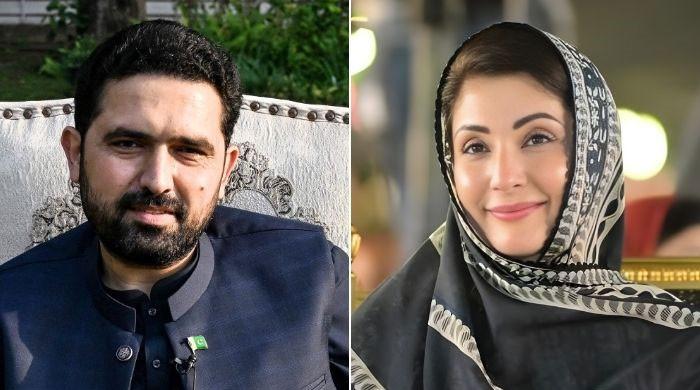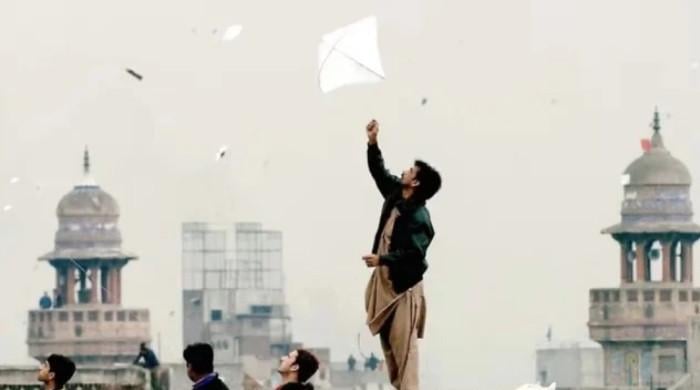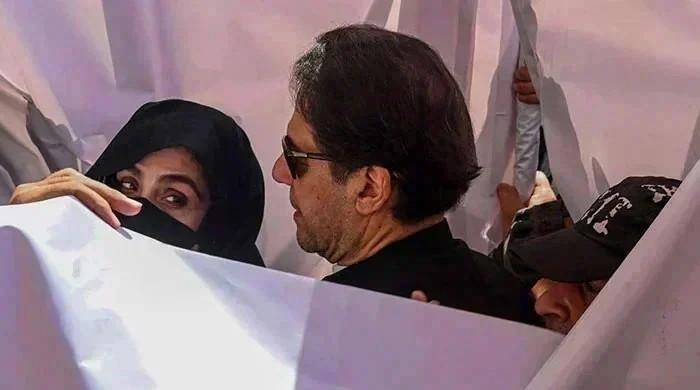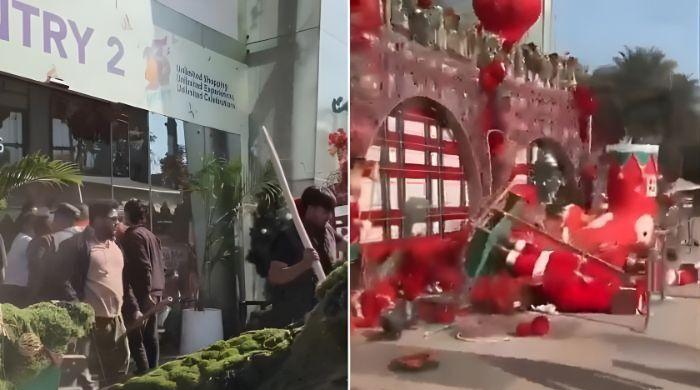Govt initiates Rs3.6bn project for rehabilitation of cross-LoC attack victims
The project includes the development of safety bunkers, emergency health units, access roads, and provision of electricity
August 23, 2020
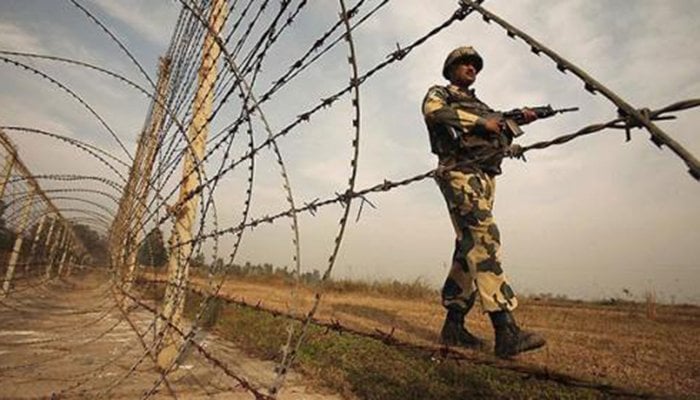
ISLAMABAD: The Ministry of Kashmir Affairs and Gilgit Baltistan on Sunday initiated a project worth Rs3.6 billion for the rehabilitation and welfare of the people whose houses were damaged in frequent incidents of shelling by Indian forces from across the Line of Control (LoC).
The ministry has earmarked Rs564 million for the fiscal year 2020-21 in the project titled “Rehabilitation of Affected Population residing along Line of Control” that includes the development of safety bunkers, emergency health units, access roads, and provision of electricity to localities along LoC.
According to an official handout available with APP, the ministry had taken multiple initiatives during the last two years to assist and help the governments of Azad Jammu and Kashmir (AJK) and Gilgit-Baltistan in developing institutions to ensure self-governance, sustainable economic development, and a political system to respond to the needs of the general public.
A compensation package under the Benazir Income Support Programme (BISP) was also introduced for the affectees of Indian shelling residing along the LoC.
The BISP-LoC Package for the financial year 2019-2020, included 33,498 females in addition to the enrolled 13,982 beneficiaries.
"The total annual financial impact would be Rs502.47 million," read the handout.
Every day shelling has had a direct bearing on the livelihood of LoC residents as it damaged their houses, shops, fruit trees, and crops.
Around 503,000 people from 79,992 families reside along the LoC and have been directly exposed to Indian shelling.
Moreover, the Sehat Sahulat programme was launched across all districts of AJK and GB. During the year 2019-20, the programme enrolled approximately 79,992 poor families.
Through the programme, “Sehat Insaf Cards” were provided to families for health care services in hospitals across Pakistan.
Furthermore, a 250-bedded hospital was also inaugurated at Skardu.
Read more: 13-year-old martyred by unprovoked Indian firing across LoC: ISPR
Development initiatives for GB and AJK
Last year, the earthquake of September 24 that struck District Mirpur and adjoining areas had caused widespread damages to public infrastructure and private properties.
In this regard, the ministry took up the matter with the National Disaster Management Authority (NDMA) and Finance Division for the adoption of earthquake reconstruction and rehabilitation plans and the provision of funds.
The development of AJK and GB was given a top priority and total Public Sector Development Programme (PSDP) allocation which was Rs43,641 million in 2017-18 and Rs43,302 million in 2018-19 was enhanced to Rs44,800 million in 2019-20.
The allocation for the current fiscal year was Rs52,424.602.
Moreover, through GB reforms, the subjects “minerals, tourism, forestry” have been transferred to GB government which were previously dealt with by GB Council Secretariat.
"It will ensure better administrative and centralised decision involving", the handout added.
Tourist police in Gilgit Baltistan, comprising educated and trained personnel, was also been established for ensuring a safe and secure environment for tourists, as well as access to information and guidance about tourist destinations.
This also facilitated safe movement of tourists on Karakoram Highway (KKH) tourist destinations, and support to tourists during emergencies and accidents.
Tourist information centres and facilitation centres were also established in AJK and GB. Recruitment of some 115 grade BS-16 and above cases of GB were processed through the Federal Public Service Commission.
Every year, about 135 educational stipends were granted to the students holding domicile of Azad Kashmir and Jammu & Kashmir refugees in 17 disciplines worth about Rs10,000 annually with a total financial impact of Rs1,350,000.
Since the illegal abolition of the special status of occupied Kashmir by India on August 5, 2019, the atrocities of Indian forces and the struggle of Kashmiris for self-determination were highlighted by the ministry through electronic and print media, seminars, processions, making of hand-chains and city branding throughout the country.




